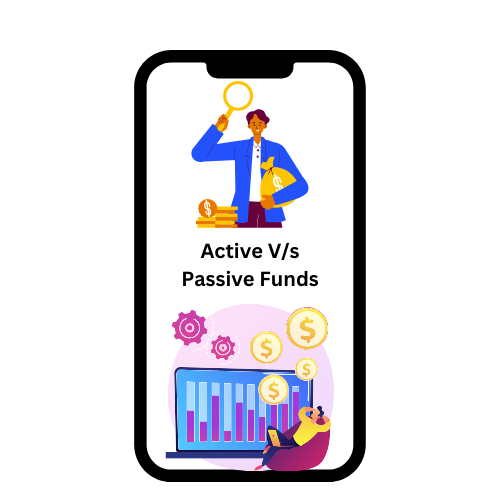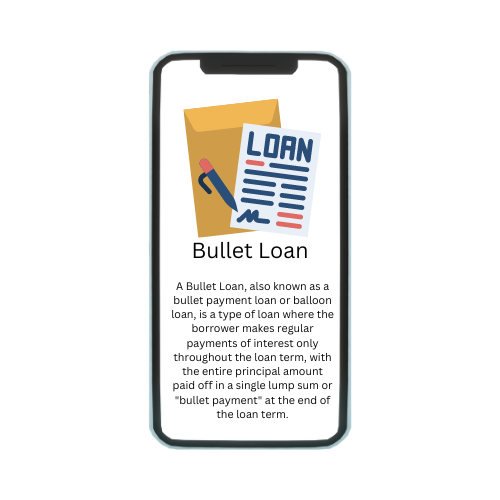- A psychological phenomenon known as hindsight bias causes a person to believe they correctly predicted an event before it happened.Overconfidence in one’s capacity to foresee other future events is caused, which could result in excessive dangers.Decision-making can be negatively impacted by hindsight bias.When it comes to investing, hindsight bias might take the form of remorse or irritation over not taking action before a market-moving event. Maintaining a journal to record the decision-making process is one way to manage hindsight bias (e.g., an investment diary).
Introduction
To optimize their returns, investors frequently feel pressure to timing their purchases and sales of stocks perfectly. They regret not acting sooner after a setback. The realization that they saw it coming from the beginning brings about regret. In actuality, it was one of the numerous ideas they might have thought of. The investor is sure that they foresaw whatever one of them succeeds. This enables individuals to unwittingly make terrible decisions in the future. Making predictions in advance, such as by keeping a decision-making log, helps investors avoid hindsight bias by allowing them to compare decisions later.
What Is Hindsight Bias?
The Hindsight Bias is the tendency to look back at an unpredictable event and think it was easily predictable. It is also called knew it all along effect. Hindsight Bias is studied in behavioral economics because it is common failing of individual investors. Hindsight Bias is the misconception after the fact that one “always knew” that they were right.
Unfortunately, this leads people to assume that their judgment is better than it actually is. Hindsight bias occurs when a person looks back at an event and believes they foresaw the outcome, even if they failed to act on that “prediction.” The notion is that it’s much simpler to develop a reasonable explanation once we know the outcome. As a result, we stop questioning our choices, which results in bad choices in the future. Causes of hindsight bias include:
- distorted memories
- Foreseeability
- Inevitability
The bias shows itself when we recall something we think we foresaw and perceive it right now as an inescapable circumstance we knew would happen.
Understanding Hindsight Bias
The causes of hindsight bias are overconfidence and anchoring. We utilize the knowledge of the outcome as an anchor to connect our earlier judgments to the outcome after an event has occurred. There may also be a scientific component to the problem. Hindsight bias may have its roots in adaptive learning rather than just the inefficient processing of information. The notion that one “always knew” they were right is known as hindsight bias. Another common misconception is that someone has a special ability or insight to foretell outcomes. In behavioral finance theory, this bias is a crucial idea.
The financial crisis of 2008 was already predicted by analysts and professionals but no one listened to their warnings. In fact they were laughed at and investors largely ignored their warnings. But today many people state that all signs were there yet couldn’t be avoided. Hindsight Bias s when a person looks back at an event and believe that they had predicted the outcome. The idea is that once we know the outcome its much easier to construct a plausible explanation.
Hindsight Bias is caused by
- Predictability
- Inevitability
- Memory Distortion
Preventing hindsight bias involves being able to make predictions beforehand such as keeping a journal which to allows the investor to compare later. Traders can fall victim to hindsight bias meaning they could potentially lose a lot of money.
What Causes Hindsight Bias?
Predictability
If something happens a trader might feel like they had an prediction that it was going to happen. This could be triggered by a successful trade which leads to a level of overconfidence.
Inevitability
Sometimes an event may seem inevitable in retrospect. With some people seeing an even that occurred as having had the most likely outcome, they may end up exaggerating how well they predict it. This isn’t limited to traders, believing that the final outcome of a situation was inevitable can happen with anything from the result of sporting events to the weather.
Memory Distortion
People might remember an event incorrectly with the benefit of hindsight. They might end up convincing themselves that what happened was something that they believed would happen.
How to Avoid Hindsight Bias
Investors should be careful while evaluating their own ability to predict how current events will impact the performance of the securities. The investors should not be overconfident. Here are some tips to help avoid this bias.
- Brainstorm Alternative Outcomes :
The investor should think about other outcomes that might have happened in the situation. Similar situations can occur in future and this experience can help to tackle the situation.
- Keep a Journal Dairy and Review It
This will help to create a record of the decision making process. Such documents will help you reflect the actual situation. These decision journals help with the details when and how the decisions were made. A decision journal can help allow for better decision making in the future, as well as prevent second-guessing. Analyzing the results of your decisions will help you understand when and what went right or wrong. This actually helps in finding alternative outcomes.
Intrinsic Valuation
- An intrinsic valuation would also consider qualitative elements like the target market, corporate governance, and business style of the company.
- Investors may become sidetracked by the bias of hindsight while evaluating a firm. They are able to make decisions based on evidence rather than subjective ones by adhering to intrinsic valuation procedures. In contrast to an investment’s current market value, intrinsic value is the estimation of a stock’s true value based on all factors of the firm.
- Performance can be better predicted by quantitative elements like financial statements and ratios than by subjective judgments based on personal experience. It is possible to determine whether the present market price is accurate or whether the company is overvalued or undervalued by using quantitative factors such financial statement analysis.
Examples of Hindsight Bias
- Take the 2008 financial catastrophe or the late 1990s dotcom bubble, for example. Many people today would tell you that all the warning signals were present and that everyone knew what was about to happen. However, if you look at the history, you can see that when analysts or investment experts shouted that there was a problem at the time, investors largely disregarded their warnings instead of listening to them.
What Is the Difference Between Hindsight Bias and Confirmation Bias?
- In contrast to hindsight bias, which is the belief that you correctly predicted an event in the past, confirmation bias is when you seek information to confirm your beliefs.
Why is Hindsight Bias Important in Psychology?
Hindsight Bias originates from Psychology clouding a person’s decision making ability to recall their prior expectations for an event after learning about its actual outcome. It happens because people tend to remember what they believe is true. However that belief changes quickly after knowing the result of an event after learning about its actual income.
- Distorted Memories : Distortion of Memories of past events can cause people to believe that they correctly guessed the actual income.
- Reconstruction Bias : It arises when people attempt to reconstruct a story around the past event that leans toward the actual outcome.
- Metacognitive: The phenomenon occurs when individuals think of their past thoughts or events, becoming confused about their certainty.
- Motivational Bias : Motivational Bias causes people to misremember their original judgements to look wiser than they are. People begin to perceive uncertain situations as predictable as a result of this.
Impact of Hindsight Bias
Hindsight Bias causes people to think that certain outcomes were far more predictable and avoidable than they were in reality. This can have both negative and positive consequences.
- Hindsight Bias can become a decision trap because it leads to a flawed assessment of the past. If we have a false idea about how accurately we predicted the outcome of past events, we become overconfident. This has implications for the quality of our future decisions.
- Hindsight Bias will likely cause us to judge others unfairly for not having been able to foresee past events. This can lead us to criticize the quality of other people’s decision in the past using the information available to us at present.
- However hindsight bias can also work to our advantage. Studies have proved it that hindsight bias can reduce the pain of negative emotional events. Some studies propose that we may learn hindsight bias without realizing it. Hindsight bias is the consequence of our ability to update previously held knowledge. This is necessary process in order to prevent memory overload and allow our brains to function. Updating allows to keep our knowledge more coherent and the draw better inferences.
Conclusion
- Humans naturally react to prior events by believing we knew what would happen in a phenomenon known as hindsight bias. Then, despite the fact that multiple factors may have an impact on the result, we correlate that notion with novel events. Hindsight bias can be difficult to recognize, but using tools to analyze events and come up with answers will help you avoid falling for this psychological ploy your mind employs.
- You can prevent making decisions while suffering from hindsight bias by keeping and rereading journals, talking with peers about the incident, and analyzing the situation while imagining alternative outcomes.





